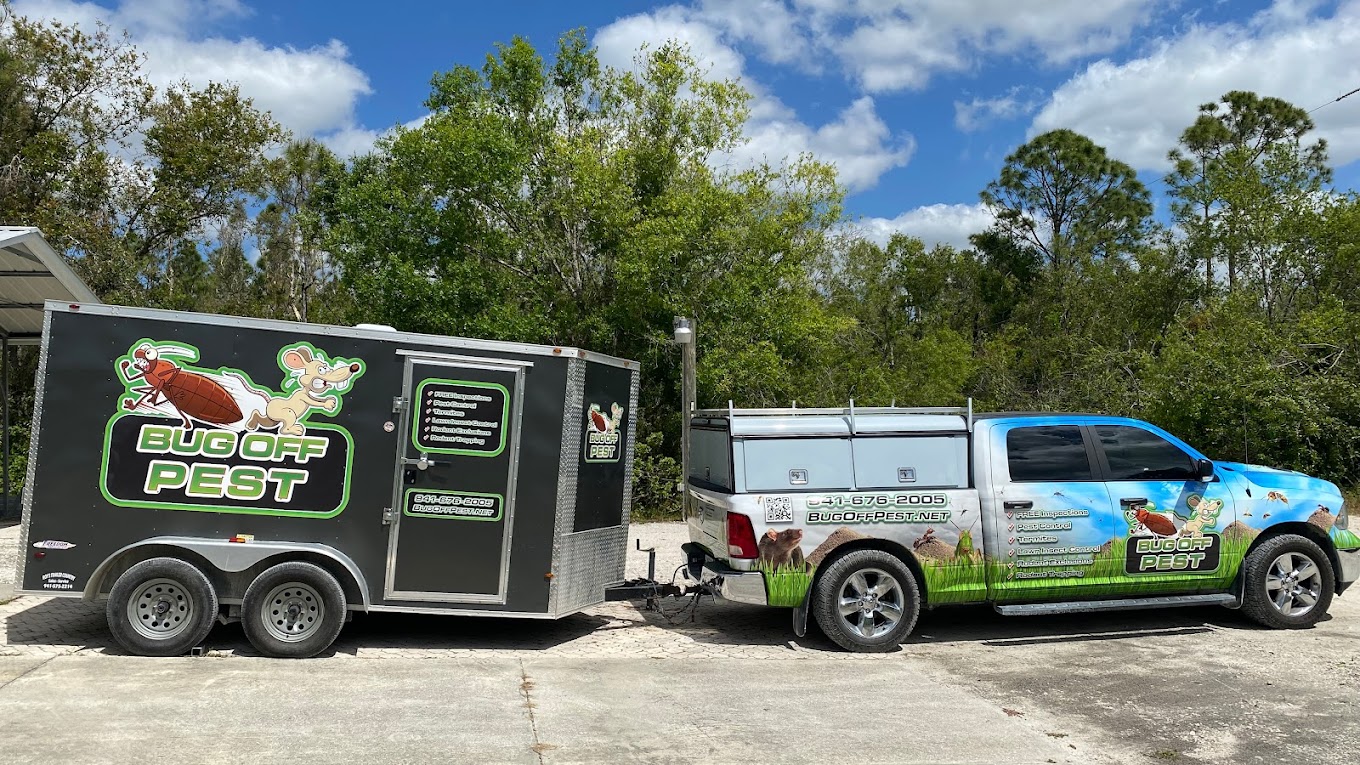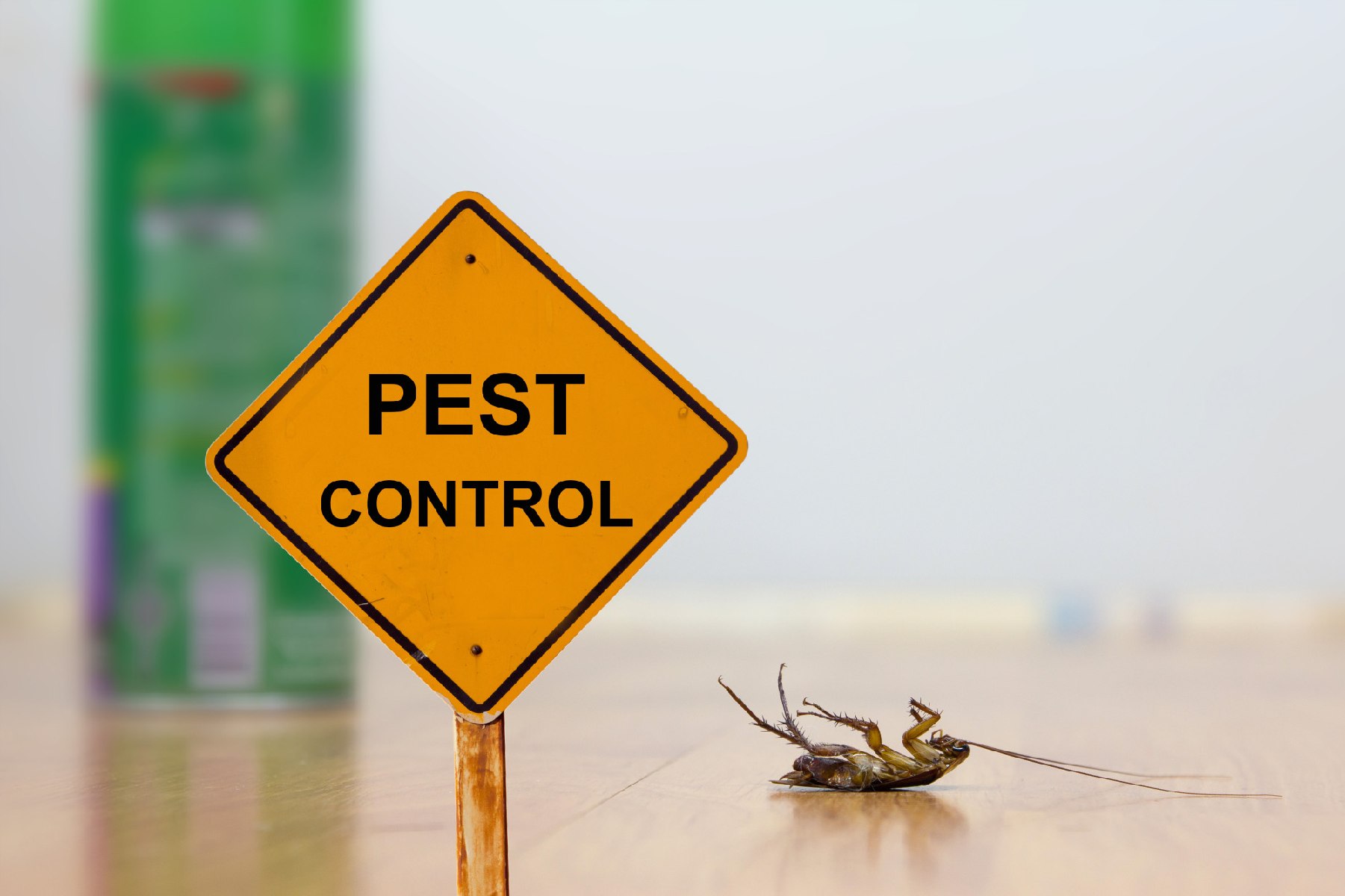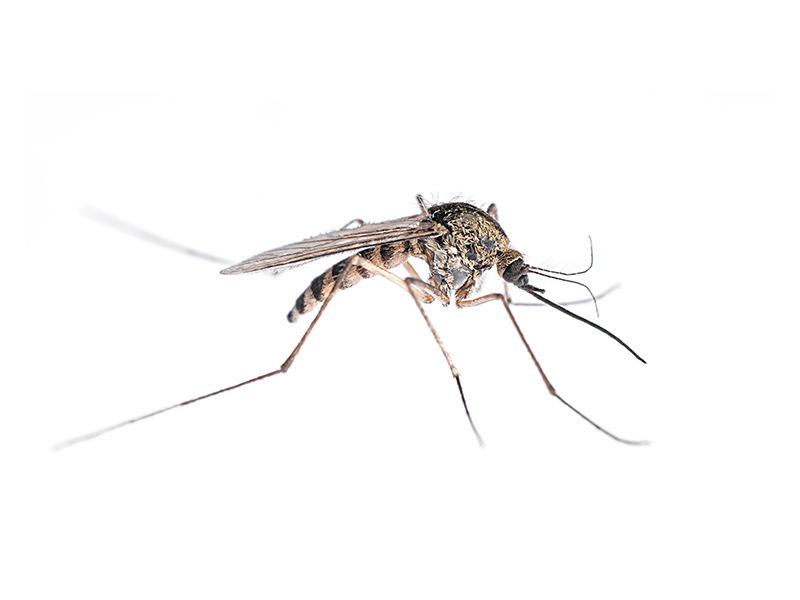Checking Out Innovative Techniques and Products for Effective Parasite Control
The landscape of bug control is advancing, marked by the emergence of ingenious methods and items created to improve performance and sustainability. From wise catches geared up with innovative tracking systems to biological approaches that use natural predators, these developments present a paradigm change in just how we come close to pest monitoring.
Smart Traps and Keeping Track Of Equipments
Exactly how can contemporary innovation enhance pest administration? One significant advancement is the development of wise catches and keeping track of systems, which supply real-time information and analytics for effective insect control. These systems make use of sensing units and wireless innovation to identify bug task, notifying property managers and parasite control professionals to invasions before they intensify.
Smart catches are geared up with attributes such as lure stations that bring in pests and capture them effectively. These catches can be checked remotely, allowing for timely treatments and minimizing the requirement for extensive chemical applications. In addition, the combination of maker learning algorithms makes it possible for these systems to differentiate between target bugs and non-target varieties, improving the accuracy of insect control steps.
Furthermore, the data accumulated from smart catches can be analyzed to determine patterns in parasite habits and ecological factors adding to infestations (Pest Control in Port Charlotte). This information is indispensable for establishing targeted bug monitoring approaches customized to particular atmospheres. By welcoming clever catches and monitoring systems, bug control specialists can improve their operational effectiveness and reduce the environmental influence of parasite management, inevitably bring about safer and much more lasting methods in the industry
Biological Bug Control Methods
Utilizing natural killers and bloodsuckers, organic parasite control methods provide an eco pleasant alternative to chemical treatments. This method includes the intro or improvement of particular microorganisms that can naturally regulate insect populations, thereby reducing dependence on synthetic pesticides. Usual instances consist of making use of ladybugs to control aphid problems and parasitic wasps to target caterpillars.

Biological control can be categorized right into 3 major approaches: classic, augmentative, and conservation. Classic biological control entails importing natural enemies from the insect's indigenous environment, while augmentative control involves raising the populace of existing all-natural adversaries via launches. Preservation strategies concentrate on developing problems that sustain these advantageous organisms in the community.
It typically calls for a thorough analysis of pest dynamics and the life cycles of both the parasites and their all-natural opponents. As understanding of environmental concerns grows, organic bug control techniques are progressively acknowledged for their sustainable function in incorporated pest administration programs.
Eco-Friendly Chemical Alternatives
Green chemical choices give a feasible solution for bug monitoring that decreases ecological impact while effectively controlling parasite populations. These choices are stemmed from all-natural resources and are very carefully created to target details parasites without hurting useful microorganisms, making them an essential component of sustainable insect control strategies.
Amongst the most efficient green options are plant-based pesticides, such as neem oil and pyrethrin, which are originated from the seeds and flowers of different plants. These materials interrupt the life process of bugs, reducing their populations without the hazardous effects related to conventional pesticides - Pest Control in Port Charlotte. Additionally, crucial oils like pepper mint and clove oil exhibit repellent properties, further boosting their utility in bug administration

In addition, environmentally friendly chemical choices commonly damage down quicker in the environment, internet minimizing the danger of soil and water contamination. This particular aligns with the raising customer need for lasting techniques in farming and metropolitan insect control. As study proceeds to breakthrough, the growth of cutting-edge eco-friendly formulas will even more improve effectiveness and broaden application areas, allowing pest monitoring specialists to embrace greener, much more responsible approaches in their practices while safeguarding human health and wellness and the environment.
Pheromone Interruption Strategies
An additional ingenious method in lasting pest monitoring is the use of pheromone disturbance methods. These approaches exploit the natural chemical signals, or pheromones, that bugs use for communication, especially in breeding actions. By interrupting visit their website these signals, parasite populations can be properly handled without considering damaging chemicals.
Scent traps are generally used in this technique. Over time, this can lead to a substantial decrease in bug populaces.

Integrated Bug Management Strategies
Efficient bug control frequently calls for a thorough method, and Integrated Insect Administration (IPM) techniques provide a structure for achieving this objective. IPM incorporates numerous monitoring methods to lessen parasite populations while decreasing reliance on chemical pesticides. This multifaceted approach begins with detailed surveillance and recognition of pests, enabling targeted interventions based upon particular insect pressures.
Social methods, such as plant turning and cleanliness, play a vital duty in stopping pest establishment. Organic controls, consisting of all-natural predators and parasitoids, are employed to preserve insect populations at convenient degrees. When essential, careful chemical therapies are applied, highlighting reduced toxicity to non-target varieties and the environment.
Furthermore, education and outreach are important components of IPM, advertising understanding amongst stakeholders regarding lasting practices and pest life cycles. The flexibility of IPM permits professionals to respond properly to changing bug dynamics and ecological problems. By employing this all natural approach, IPM not just improves pest control efficiency yet additionally adds to long-term environmental equilibrium. Inevitably, Integrated Parasite Administration represents a forward-thinking option that aligns agricultural productivity with environmental stewardship, making it vital in modern parasite control methods.

Final Thought
In final thought, the integration of cutting-edge strategies and top article items for effective pest control stands for a substantial innovation in sustainable parasite monitoring. Smart traps and keeping an eye on systems, biological insect control techniques, eco-friendly chemical options, and scent disturbance techniques collectively improve the effectiveness of parasite monitoring strategies.